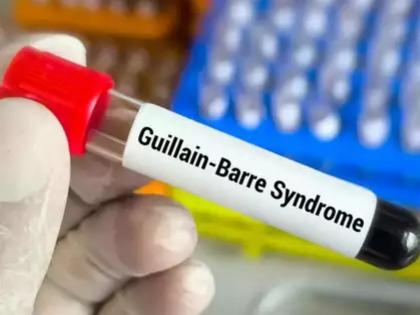GBS Outbreak in Pune: 138 Water Sources Found Contaminated Amid Guillain-Barré Syndrome Cases
By Lokmat English Desk | Updated: March 8, 2025 11:43 IST2025-03-08T11:42:38+5:302025-03-08T11:43:38+5:30
The Pune Municipal Corporation has launched a citywide water testing drive after an outbreak of Guillain-Barré Syndrome in the ...

GBS Outbreak in Pune: 138 Water Sources Found Contaminated Amid Guillain-Barré Syndrome Cases
The Pune Municipal Corporation has launched a citywide water testing drive after an outbreak of Guillain-Barré Syndrome in the Sinhagad Road area. Tests at 138 locations have found water unfit for drinking. In response, the health department has issued a warning and directed the water supply department to provide clean drinking water to affected areas.
Maharashtra has reported 224 suspected GBS cases, with 195 confirmed. Pune has recorded the highest number, including 46 within municipal limits, 95 in newly merged villages, 33 in Pimpri-Chinchwad, and 36 in rural areas. Fourteen cases have been reported in other districts. The state has recorded 11 deaths due to GBS.
To determine the source of the outbreak, municipal authorities are collecting and testing water samples. A total of 7,195 samples have been tested so far, with 138 found unsafe for consumption. Contaminated sources include water from Khadakwasla Dam, private wells, reverse osmosis systems, and tankers.
Whenever a case of GBS or diarrhea is reported, officials trace the patient’s drinking water source and send samples for testing at the Parvati Water Purification Center and the State Public Health Laboratory. If contamination is found, the health department advises corrective measures.
Contaminated water has tested positive for E. coli and coliform bacteria, increasing the risk of waterborne diseases. Ensuring a safe drinking water supply is critical to preventing further health risks, said Dr. Nina Borade, the city’s health chief.
Open in app